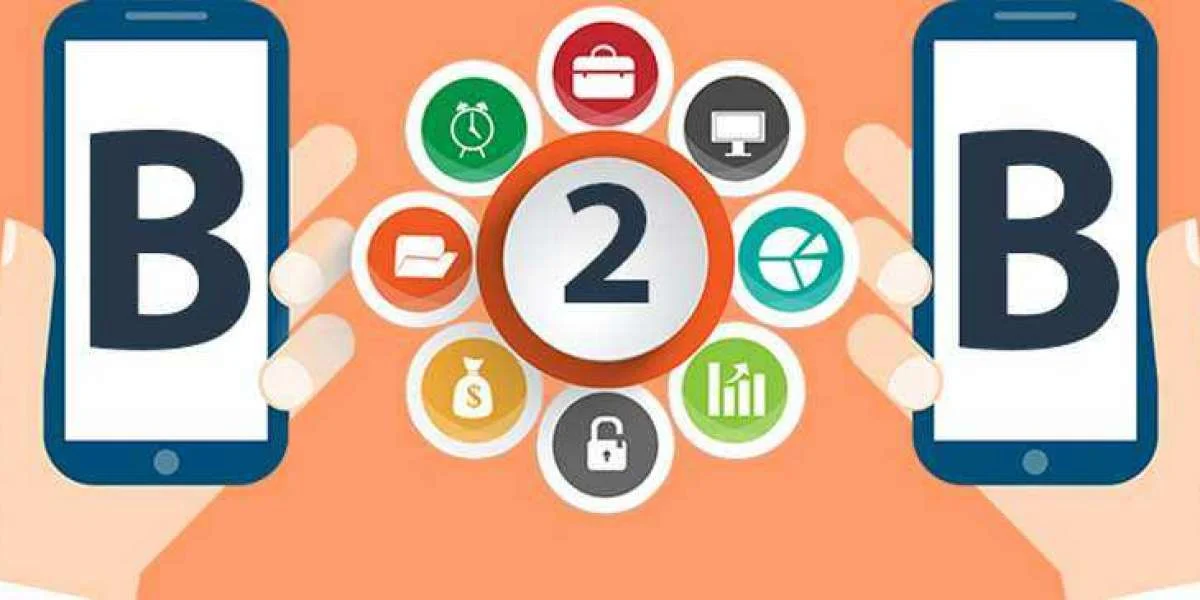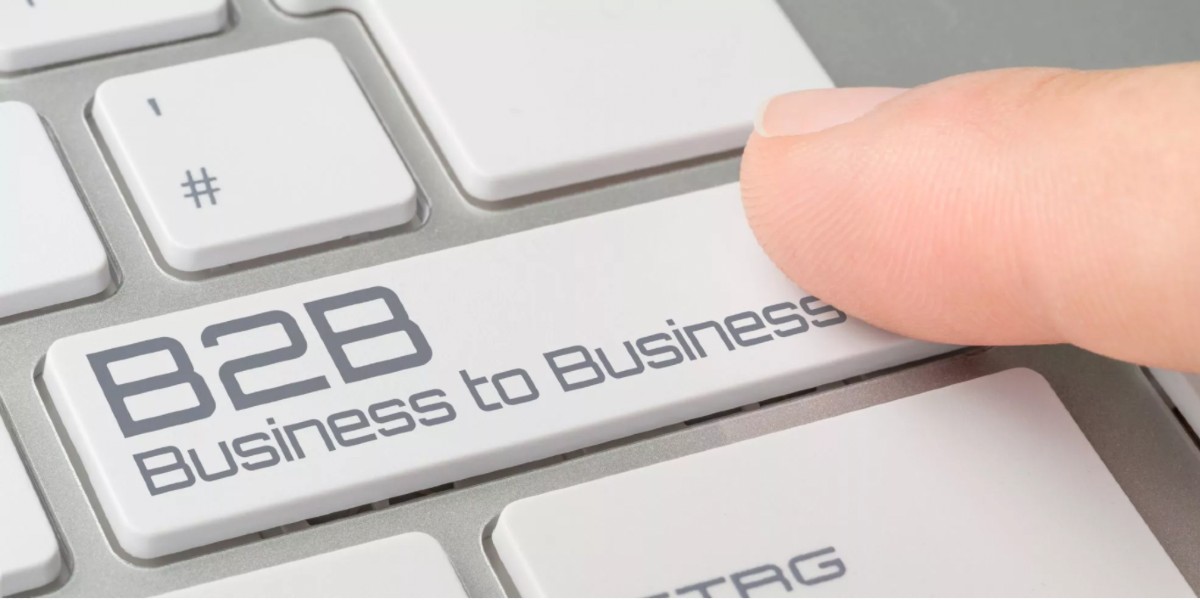- 2 June 2024
- 3612
Navigating the Landscape: Exploring the Modern B2B Experience

In today’s rapidly evolving business landscape, the term “modern B2B” has become increasingly prevalent. Businesses are constantly seeking innovative ways to connect, collaborate, and transact with their B2B counterparts. In this article, we delve into the intricacies of the modern B2B experience, examining its evolution, challenges, and opportunities.
The Evolution of Modern B2B
The modern B2B experience has undergone a significant transformation in recent years, driven by advances in technology, changing consumer behavior, and globalization. Gone are the days of traditional, paper-based transactions. Instead, businesses now rely on digital platforms, data analytics, and automation to streamline processes and enhance efficiency.
Embracing Digitalization
At the heart of the modern B2B experience lies digitalization. From e-commerce platforms to cloud-based collaboration tools, digital technologies have revolutionized how businesses interact and transact with one another. These digital solutions enable seamless communication, faster order processing, and real-time data exchange, empowering businesses to operate more efficiently and competitively in today’s fast-paced marketplace.

Personalization and Customer Experience
In the modern B2B landscape, personalization is paramount. Businesses are increasingly tailoring their products, services, and marketing efforts to meet the unique needs and preferences of their B2B customers. This focus on customer experience extends beyond the point of sale, encompassing every touchpoint along the buyer’s journey. By delivering personalized experiences, businesses can foster stronger relationships with their B2B partners and drive long-term loyalty and advocacy.
Challenges of the Modern B2B Experience
Despite its many benefits, the modern B2B experience also presents its fair share of challenges. One of the most pressing issues facing businesses today is data security and privacy. With the proliferation of digital transactions and the increasing volume of sensitive information exchanged between B2B partners, ensuring the security and integrity of data has become a top priority.
Navigating Complex Supply Chains
Another challenge of the modern B2B experience is navigating complex supply chains. As businesses expand their global footprint and source materials and components from various regions, supply chain management has become increasingly intricate. From logistics and inventory management to supplier relationships and risk mitigation, businesses must adopt robust strategies and technologies to optimize their supply chain operations and maintain agility in the face of disruption.
FAQs About the Modern B2B Experience
Q: How can businesses leverage data analytics in the modern B2B landscape? A: Data analytics plays a crucial role in the modern B2B experience, enabling businesses to gain actionable insights into customer behavior, market trends, and supply chain dynamics. By harnessing the power of data analytics, businesses can make informed decisions, optimize processes, and drive business growth.
Q: What role does collaboration play in the modern B2B experience? A: Collaboration is essential in the modern B2B landscape, fostering innovation, efficiency, and mutual success. Whether through collaborative platforms, joint ventures, or strategic partnerships, businesses can leverage the collective expertise and resources of their B2B counterparts to drive value creation and achieve shared goals.
Q: How can businesses ensure a seamless digital experience for their B2B customers? A: To ensure a seamless digital experience, businesses must invest in user-friendly interfaces, robust cybersecurity measures, and responsive customer support. By prioritizing usability, security, and reliability, businesses can enhance the digital experience for their B2B customers and differentiate themselves in the marketplace.

Conclusion
The modern B2B experience is characterized by digitalization, personalization, and collaboration. As businesses continue to adapt to the evolving landscape, embracing digital technologies, navigating complex supply chains, and prioritizing customer experience will be essential for success. By addressing the challenges and leveraging the opportunities of the modern B2B experience, businesses can position themselves for growth and competitiveness in the global marketplace.

